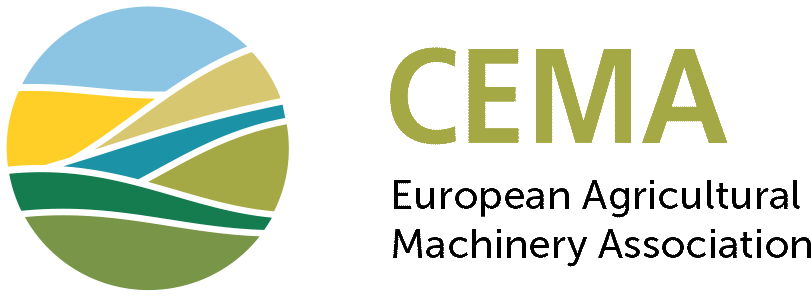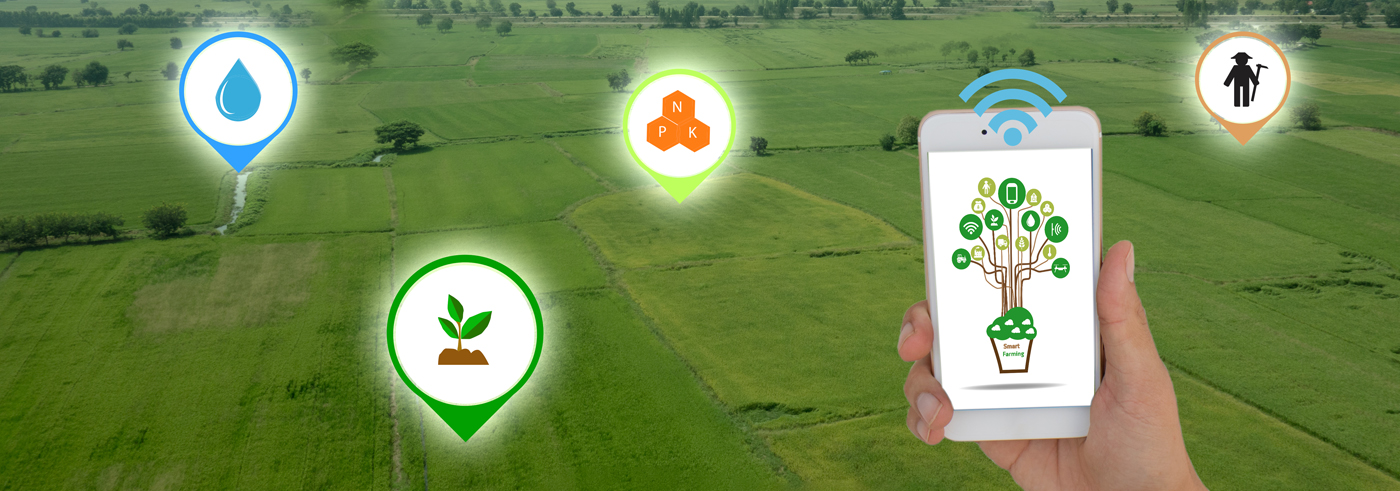The European Commission has published a main pillar in the EU data strategy by defining principles for data sharing by contractual agreement.
***
Following the Data Governance Act, the proposal for a Data Act is the second main legislative initiative resulting from the February 2020 European strategy for data. It concerns new rules on who can use and access data generated in the EU, who can create value from this data and under which conditions, and this across all economic sectors.
CEMA welcomes the new proposal and in particular the facilitation of data access and use in business-to-business (B2B) and business-to-government (B2G) situations and the clear legal framework it may bring. We are most pleased to see that the example of the ‘Code of Conduct on data sharing be contractual agreement’ is reflected in the text.
The CEMA experts will start investigating what the different provisions mean for the agricultural sector and how our efforts on digitization, interoperability and the collaboration to create a common agricultural data space, may serve to comply with the new provisions. The New Legislative Framework approach of essential requirements and harmonized standards in relation to interoperability and smart contracts is much appreciated and will allow a sector-specific approach. For the provisions overall, we hope that technical solutions may be developed for proof of compliance rather than pure administrative rules, and that a sector-specific approach is still possible.
Background - Some focus points of the Data Act:
- Data control for users of connected devices, to use it for better decision making but also for aftermarket and value-added services, like predictive maintenance.
- Manufacturers may cover costs and exclude/protect ‘sensitive’ data from the threat of direct competition with their product.
- Rebalance negotiation power by measures on unfair contractual terms including model contractual terms
- Means for public sector bodies to access and use data held by the private sector that is necessary for exceptional circumstances,
- Allow/facilitate easier switching between different cloud data-processing services providers
- Linked to the Database Directive with protection of investments in the structured presentation of data, it clarifies that databases containing data from Internet-of-Things (IoT) devices and objects should not be subject to separate legal protection. This will ensure they can be accessed and used.
- The draft legal framework proposed by the Commission will of course by the subject of a full review by the EU legislators, providing CEMA with multiple opportunities for input and advocacy building on the experience gathered with our partners in the agri-food value chain.







